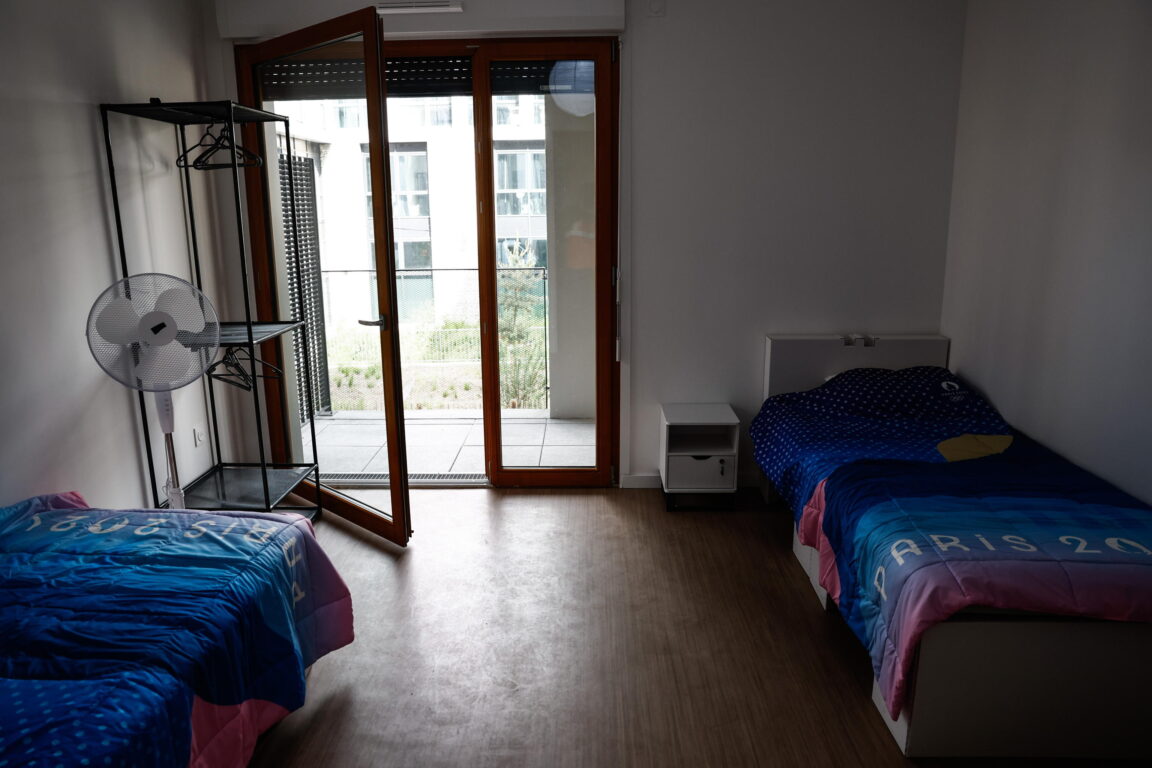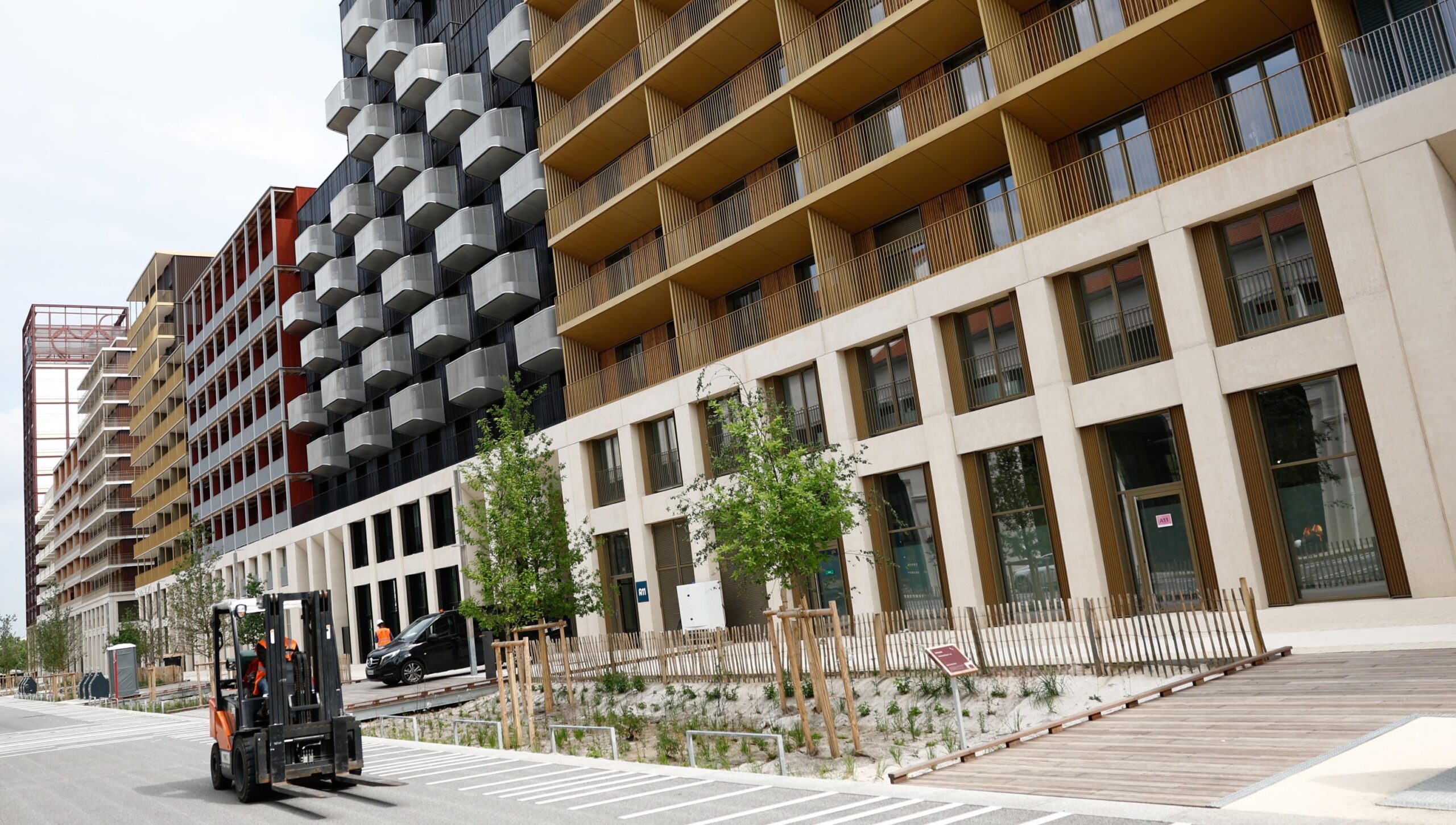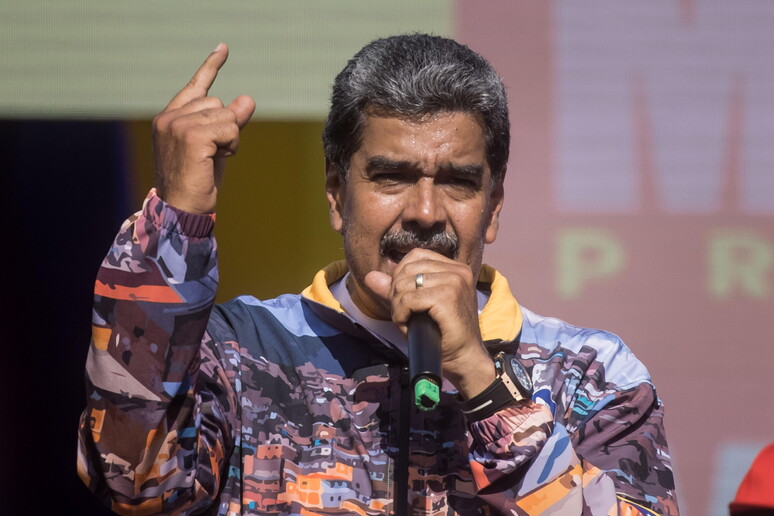Exactly one month before the inauguration ceremony, bad weather is blowing through the Paris 2024 Olympic Games. As half the world grapples with a new record heatwave – 47 degrees in Phoenix, United States, At 49 degrees in Delhi, India, so are the athletes. begin to worry about the temperatures in which they might be forced to compete. The bone of contention is the promise made by the Paris municipality to make this year's Olympic Games the greenest ever. An objective that the French capital aims to achieve through a fairly complex strategy: using existing sports facilities, favoring river transport (the Seine) to the detriment of road transport and using sustainable construction materials, such as wood. There is, however, one point in this project that worries many athletes: the lack of air conditioning in the accommodation in the Olympic village.
How underfloor cooling works
According to a report from Basis, an English association for sustainable sport, the Paris 2024 Olympics are likely to be the hottest ever. Climate change is obviously to blame, with Europe warming almost twice as fast as the rest of the world. To reduce the ecological footprint of the accommodation that will accommodate Olympic athletes from around the world, the mayor of Paris Anne Hidalgo has focused on a more sustainable alternative to traditional air conditioners. This is geothermal ground cooling, a system that exploits the temperature difference between the subsurface and the surface to regulate the internal temperature of a building. It is in fact a dense network of pipes installed under the ground, within which ice water (or hot water, depending on needs) circulates. This system exploits the physical principle of radiation according to which a hot body always transfers heat to a cold body. In this way, the cooling system helps absorb the heat present in the room when the air temperature exceeds the floor surface temperature.
Advantages and limitations
The great advantage of this mechanism is that it allows the use of a single system for air conditioning in summer and heating in winter. While on the surface the temperature is influenced by atmospheric agents and seasonal changes, at depth it is relatively stable and constant throughout the year. In addition, compared to traditional systems, underfloor cooling helps reduce energy consumption and avoids classic temperature changes caused by air conditioners. But besides these advantages, there are also two major obstacles. The first is strictly economic, given that installing a system of this type has much higher initial costs than alternatives available on the market. The second limitation concerns the effectiveness of the mechanism itself, certainly useful for cooling a home but not sufficient to withstand the impact of severe heat waves.

The race for portable air conditioners
And it is precisely this last point which worries many athletes in view of the Paris Olympics. According to the organizers, the cooling system of the accommodation in the Olympic Village guarantees a drop in temperatures of at least six degrees compared to the outside. Too little for some delegations, American athletes having already made it known that they were working to take portable air conditioners with them. This is an option that the organizers of Paris 2024 advise against, but do not prohibit. THE Washington Post interviewed twenty national delegations to ask them how they organized themselves. The answer? Eight countries have confirmed they will equip their athletes with portable air conditioners. These are Australia, Canada, Denmark, Germany, Greece, Italy, Norway and the United Kingdom.
African countries are falling behind
The cost of portable air conditioning systems will be borne entirely by individual delegations. This means that poorer countries, which cannot afford additional expenses, will be forced to have their athletes sleep in warmer rooms than their competitors. “We don't have enough money,” Donald Rukare, president of the Uganda Olympic Committee, told Washington Post. In the meantime, the organizers of the Olympic Games themselves are intervening in the debate to try to restore calm. The athletes, assured the director of the Olympic village of Paris, “will be able to rest properly”. Mayor Anne Hidalgo said she was sorry for the choice of certain countries not to give up air conditioning, adding that she had “a lot of respect for the comfort of athletes” but specifying that she had “the survival of all humanity” even more. in the heart.
On the cover: A building in the Paris 2024 Olympic Village (EPA/Mohammed Badra)



